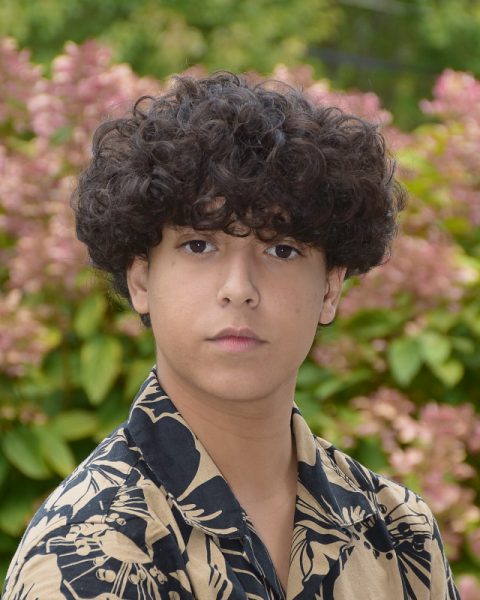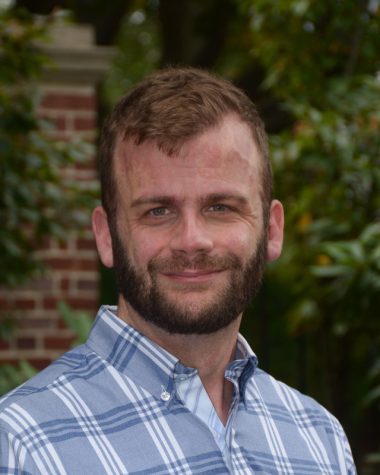|
Getting your Trinity Audio player ready...
|

“High School is Hell,” a recent edition to the English curriculum taught by Kenley Smith, explores how culture shapes student life.
The course probes why high school works so well as a backdrop for suffering and terror, asking whether that view is uniquely American.
“Throughout the year, there will be an emphasis on the four pillars of reading, writing, speaking and listening,” Smith’s course syllabus says. “Our skills foci will be critical reading and seminar-style discussions, as well as preparation for writing at the college level.”
Lucie Shimomura ’27 also decided to take the course because of her love for Smith’s teaching style.
“I love her in class discussions; they really make me think deeper than I would have otherwise,” Shimomura said. “She’s trying to teach us why most horror books and movies are in a high school setting, and what that means as far as public perception is concerned,”Shimomura ’27 said.
The class is reading The Nickel Boys by Colson Whitehead, Never Let Me Go by Kazuo Ishiguro, Election by Tom Perotta, and The Absolutely True Diary of a Part-Time Indian by Sherman Alexie, each of which features different perspectives on high school in different periods and places around the world.
“When you ask people about high school, half of them will say, ’it’s the best time of your life, enjoy it while you can,’ and the other half will say, ‘high school’s the worst, it was the worst four years of my life, I hated it,'” Smith said. “Everybody seems very torn, and the class looks at why that is and why often it is the negative side we see portrayed in the media.”
Through the books the class reads, students will explore the central idea that high school can feel like hell. By examining diverse experiences and situations, they will consider why some people remember high school as the happiest time of their lives, while others despised it. In this discussion-based course, students will also connect their own stories to the texts.
“I hope that since the students are in high school, that they come away thinking a little bit more about their own experience,” Smith said.























































